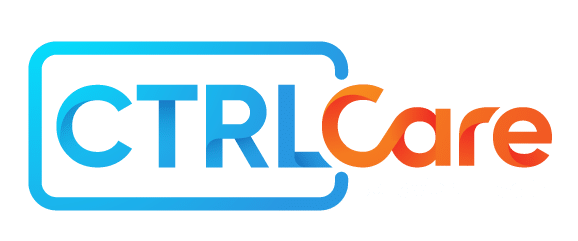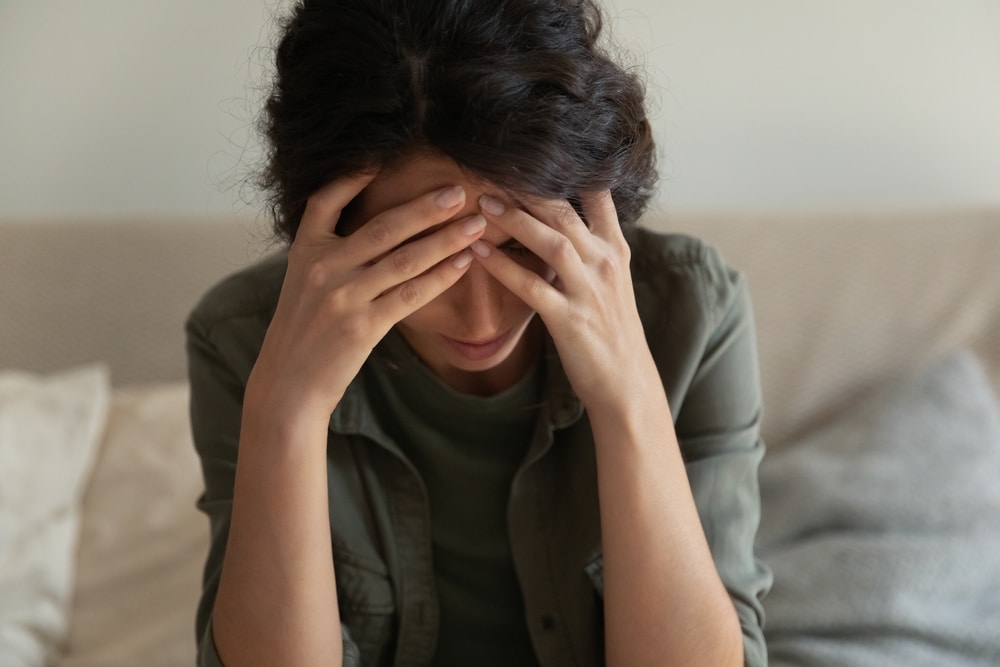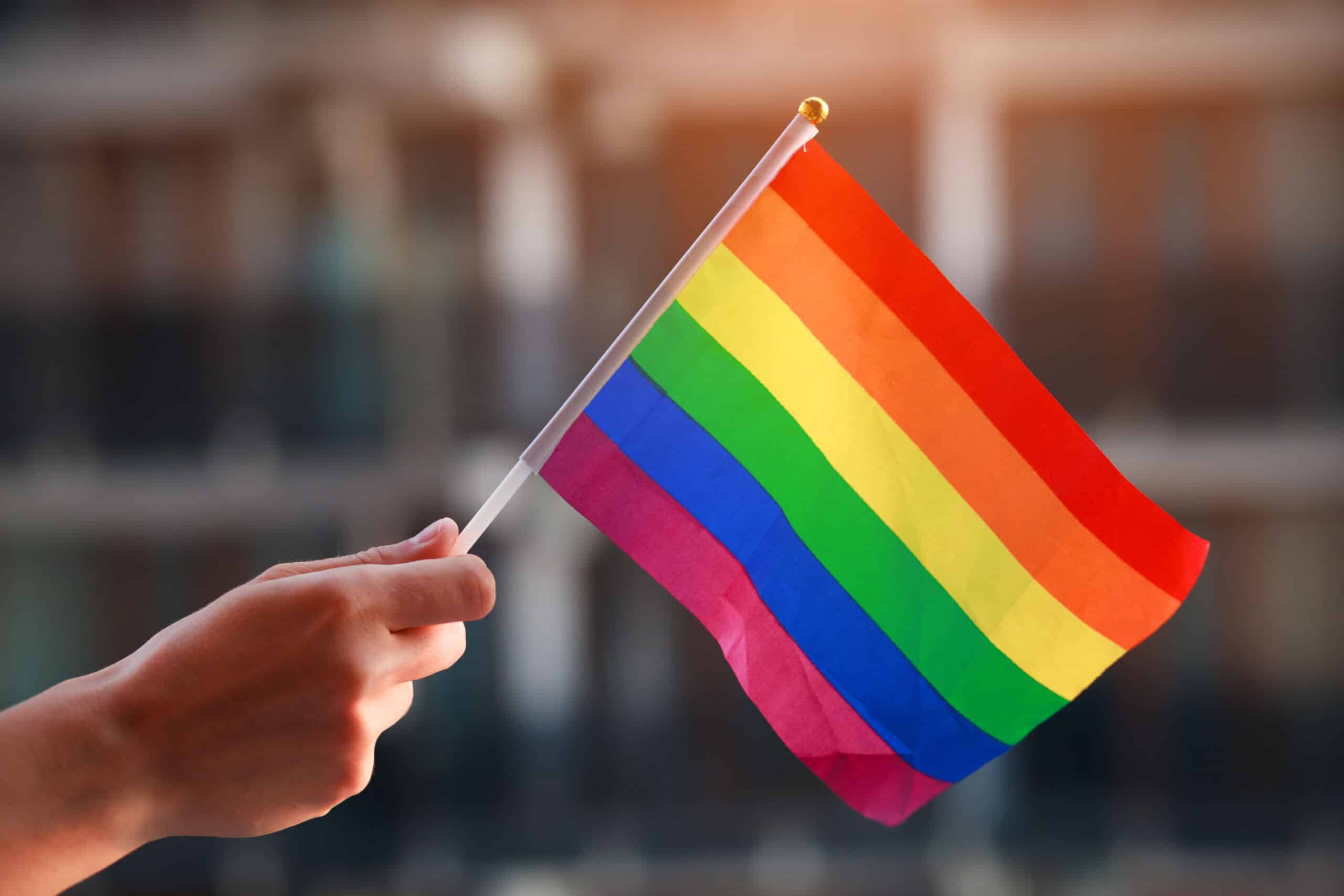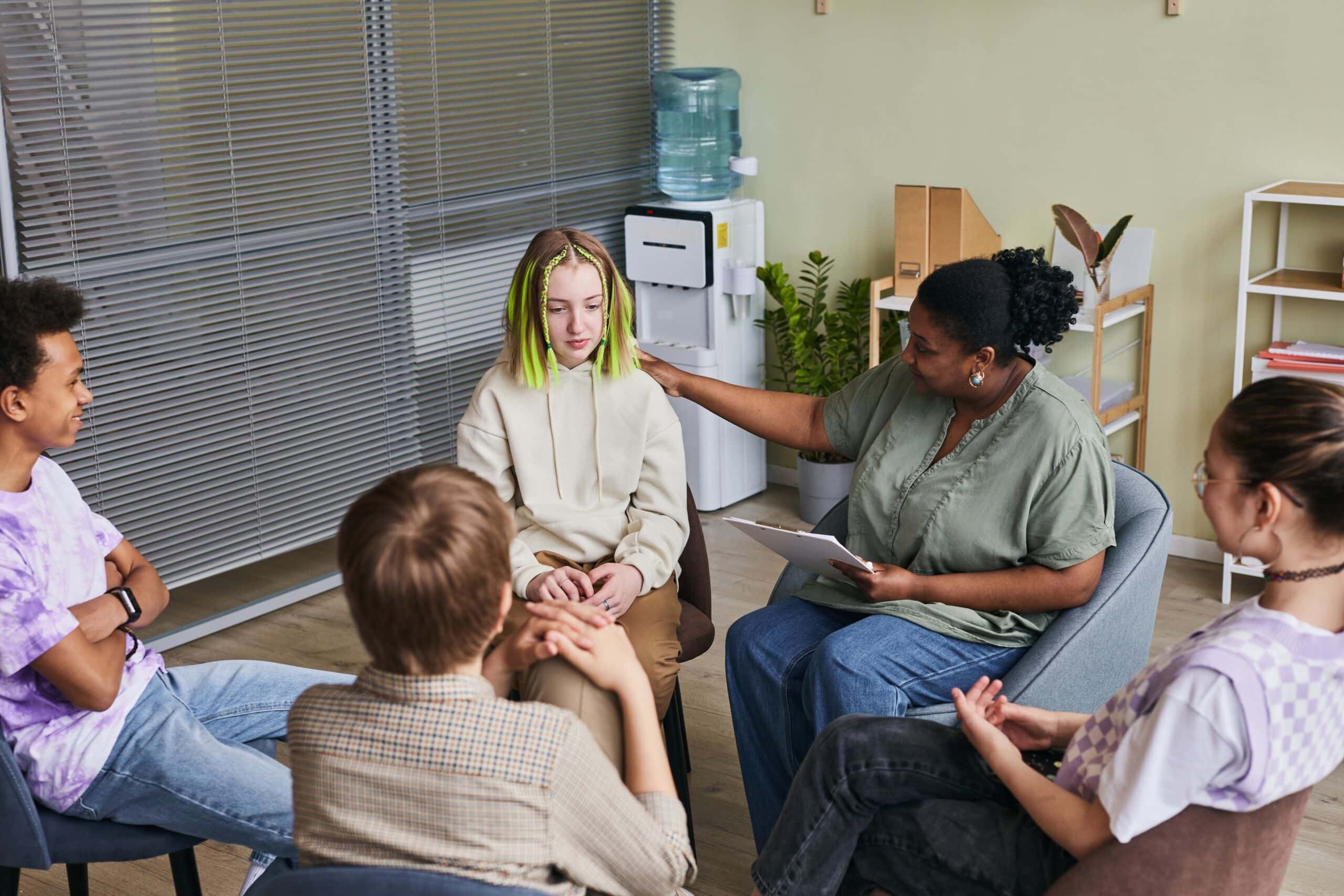Mental Health Challenges Among LGBTQ+ Youth: Understanding and Support
According to the National Alliance on Mental Illness, LGBTQ youth are at a greater risk of struggling with mental health conditions and suicide. Although the LGBTQ+ community is growing, this does not undermine the many struggles that kids and adolescents face when it comes to coming out to friends and family, as well as being their true authentic selves. Unfortunately, many kids who identify within the LGBTQ+ community still face some stigma, which can not only hurt their emotional and mental well-being but can even delay their ability to come out to their friends and family members.
At CTRLCare, we are a mental health center for kids and young adults that specializes in helping kids and teens struggling with mental illness and problematic technology use. We understand that no two recovery journeys are ever the same. That’s why we offer a wide range of treatment programs to best support as many children and teens to lead happier, healthier lives.
If you or someone you know is struggling with an untreated mental illness– help is available. Contact us today to learn how we can help you live a happier, more balanced life.
Common LGBTQ+ Mental Health Challenges
Although being part of the LGBTQ+ community does not directly mean you’ll struggle with mental illness, there are a range of factors from bullying to discrimination that can lead to increasing an individual’s risk of developing a mental illness. Unfortunately, while there is growing support for and within the LGBTQ+ community, there are still various challenges the community faces, which may include:
- Bullying
- Discrimination
- Violence (physical or verbal)
- Rejection
All these factors can play a role not only in a child or young adult struggling to come out and accept who they are but can increase their risk of developing mental disorders like anxiety or depression because of these challenges.
Because factors like bullying and discrimination are more prevalent within the LGBTQ+ community compared to heterosexual individuals, this helps explain why many LGBTQ+ members may struggle with anxiety or depression more than heterosexual individuals.
4 Ways to Support LGBTQ+ Mental Health Issues
- Love, Support, and Acceptance
First, it’s essential for continued love, support, and acceptance within the LGBTQ+ community. Whether an individual is part of the LGBTQ+ community or an ally, it’s crucial that individuals feel safe to be open and honest about who they truly are to friends, family members, and others in their lives. This is because continuing to hide or deny your authentic sexuality can lead to an increased risk of developing a mental health condition. It’s important to safely come out to family members and friends. If you are afraid you will not have support or acceptance from family, consider seeking out support from LGBTQ+ community resources like support groups within your school or community.
- Increased Training Surrounding LGBTQ+ Mental Health Issues
Next, it’s critical that mental health professionals gain a greater understanding and education about LGBTQ+ mental health issues. This is because a lack of training surrounding LGBTQ+ mental health issues can potentially lead to an inaccurate diagnosis or treatment plan by ignoring the fact that a child or teen may be struggling to come out or having a hard time feeling accepted for who they are.
- Increased Access to LGBTQ+ Mental Health Resources
Similarly, it’s important to increase access to LGBTQ+ mental health resources for all ages, from kids to young adults and adults. Whether it be starting an LBGTQ+ club in school or university, offering more community programs for young adults, to more affirming therapy resources, it’s critical that more and more kids know of various resources they can turn to if they are feeling alone.
- Increased Information and Education Surrounding LGBTQ+ Mental Health Needs
As briefly mentioned above, it’s important to increase the information, education, and overall conversation surrounding LGBTQ+ mental health issues. This will not only help increase access to more resources and better training when it comes to supporting LGBTQ+ mental health challenges, but it will allow more kids and teens within the LGBTQ+ community to not feel as alone or isolated with what they may be going through coming out and being accepted within the family, school, and community at large.
Help Is Available
Now you know more about the various mental health challenges among LGBTQ+ youth. Although mental illness is not linked to gender and sexual orientation, many people in the LGBTQ+ community face increased challenges from discrimination to bullying that can increase their risk of developing a mental illness.
If you or your teen is struggling with a mental illness, help is available. At CTRLCare, we are a mental health treatment center that offers a range of comprehensive treatment programs to help as many kids, teens, and young adults live healthier, more balanced lives. You should never feel alone when it comes to treating your mental disorder. Contact us today to start your road to recovery.












